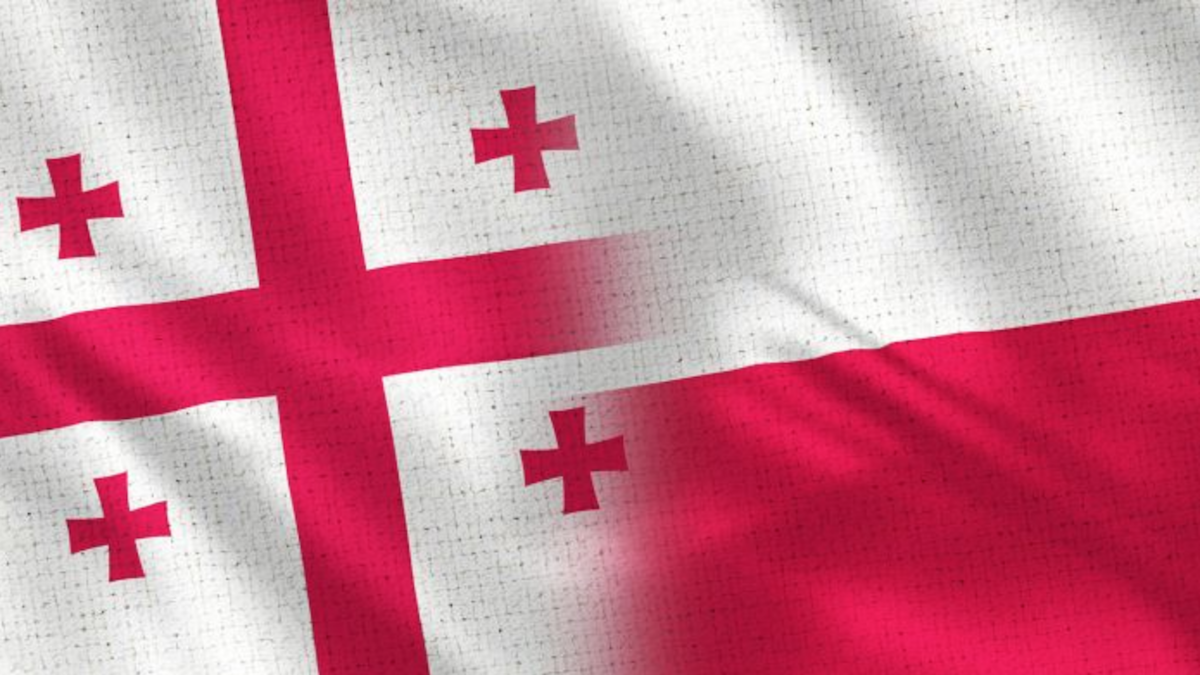Georgian opposition group Resistance Platform appeals to Germany, France and Poland
Georgian opposition appeals to European leaders
The “Resistance Platform,” led by Georgia’s fifth president Salome Zourabichvili, has sent a letter to the leaders of the Weimar Triangle countries — Germany, France, and Poland.
The letter calls for the development of a consistent and adequate EU policy toward Georgia, as well as tougher sanctions against Georgian officials responsible for the country’s democratic backsliding.
What does the letter say?
“We, the ‘Resistance Platform’, which unites pro-Western political parties and is coordinated by President Salome Zourabichvili, would like to express our heartfelt gratitude — on behalf of the Georgian people, who firmly stand for democracy, freedom and European integration — for your message of support and solidarity on the occasion of Georgia’s Independence Day.
We value your unwavering support for Georgia’s sovereignty, territorial integrity, and Euro-Atlantic aspirations, especially during these challenging times. Your support for our democratic and European ambitions — which reflect the core values and identity of our nation — carries significant moral and political weight. Your message stands as a powerful reminder of the European community’s solidarity in backing Georgia’s pursuit of a democratic, stable and prosperous future.
Recent developments — including democratic backsliding, growing pressure on civil society, independent media and the political opposition, as well as deliberate attempts by the regime to derail the country from its European path — contradict the fundamental principles of democratic accountability and public consensus. This dangerous trajectory, unfolding on Europe’s doorstep, serves only the interests of its enemies, as Russia intensifies its hybrid war against Georgia and uses the Ivanishvili regime to pursue Moscow’s strategic goals.
We remain committed to the Georgian people’s European choice and to resolving the current crisis through democratic means. To that end, we believe the following steps are necessary:
1. A consistent and adequate EU policy on Georgia. A results-oriented plan is needed to overcome the current crisis, with clear conditions that both encourage progress and impose accountability for non-compliance within strictly defined timelines;
2. Sanctions policy. Targeted sanctions have already had an impact on the regime’s power structure, as evidenced by the departure of key figures from Bidzina Ivanishvili’s inner circle — Irakli Garibashvili, Grigol Liluashvili, and most recently Vakhang Gomelauri (who was added to the U.S. Magnitsky List and the UK’s global sanctions list). The Georgian public expects these sanctions to be strengthened, as they hinder the consolidation of authoritarianism and reduce the regime’s influence;
3. Organisation of new, free and fair parliamentary elections. The elections must take place in a truly open and democratic environment, and all violations of the October 2024 vote must be addressed. To restore the democratic legitimacy of institutions and trust in the electoral process, clear conditions and guarantees must be established, agreed upon, and strictly observed;
4. A roadmap for restoring democratic governance in Georgia and its European course. Collective efforts are essential to return swiftly to democratic norms and to resume the process of EU integration, including implementation of the EU-Georgia Association Agenda;
5. Support for civil society, independent media, and the democratic opposition. In the face of ongoing persecution and financial pressure, continued support is vital to preserving independent voices and halting the drift towards authoritarianism;
6. Immediate and unconditional release of political prisoners. All political prisoners who have fought for freedom and democracy in Georgia — and who have become victims of the regime for opposing autocratic rule — must be released immediately and without condition.
We are convinced that these actions are necessary not only to overcome the current crisis, but also to reaffirm Georgia’s commitment to the values and standards that define Europe.
With the utmost respect, we urge the Weimar Triangle countries, along with other allies, to take the lead in peacefully resolving the ongoing crisis in Georgia.”
On 26 May 2025, the leaders of the Weimar Triangle countries — Germany, France, and Poland — congratulated the Georgian people on Independence Day and condemned the actions of the ruling Georgian Dream party.
“On the occasion of Georgia’s Independence Day, together with Donald Tusk, Prime Minister of the Republic of Poland, and Friedrich Merz, Chancellor of the Federal Republic of Germany, we wish to send a message of friendship and solidarity to the Georgian people and reaffirm our unwavering support for Georgia’s sovereignty and territorial integrity. We support Georgia’s democratic and European aspirations.
These aspirations reflect Georgia’s readiness to become part of the European family. Accordingly, we condemn all actions by the Georgian government that amount to democratic backsliding and attacks on civil society, the media, and government critics. Freedom of speech and assembly must be protected.
Reports of excessive violence must be investigated. Laws that contradict European standards must be reviewed, and the process of reforms necessary for European integration must resume. The Georgian government must engage in dialogue with the opposition and civil society. The Georgian people must not be deprived of the opportunities linked to the country’s European path,” the joint statement reads.
Georgian opposition appeals to Europe




















